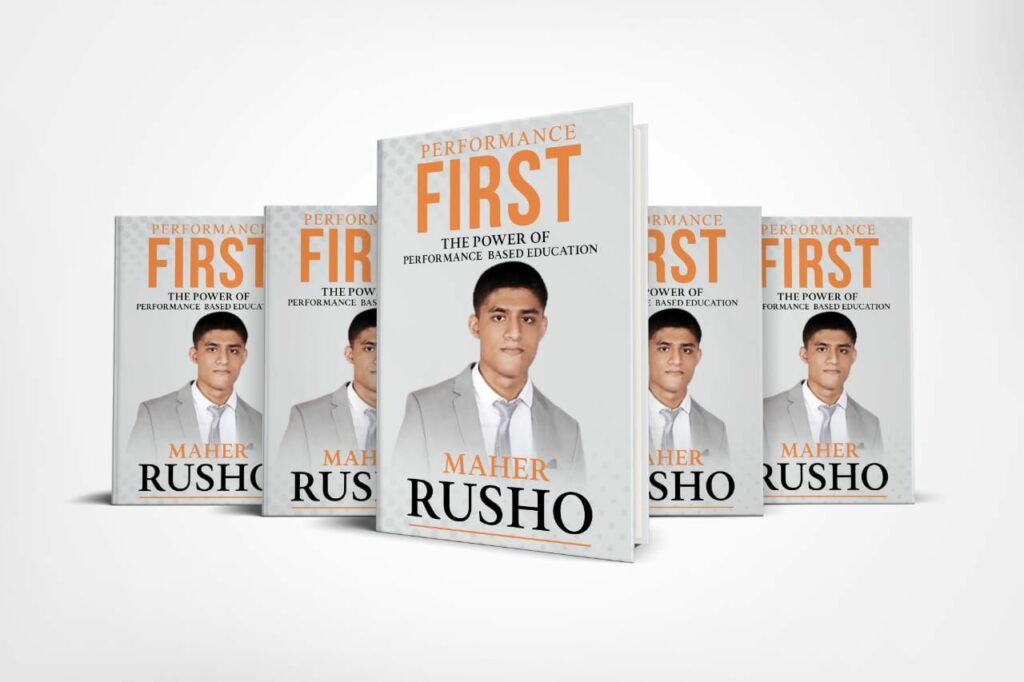TORONTO, CANADA. January 24th, 2025 – Maher Ali Rusho, a distinguished Bangladeshi academic, researcher, and entrepreneur, continues to make remarkable strides in technology, artificial intelligence, and aerospace engineering. Recently appointed as Senior Scientist, Rusho has made significant contributions to the field, including publishing groundbreaking research in Nature Scientific Reports and announcing the renaming of Unison AI Lab in February 2025.
In December 2024, Rusho took on the role of Senior Scientist in the Department of Computational Materials and Data Analytics at Mr. R Business Corporation. Working under the mentorship of Dr. Raja Subramani at the Chennai Institute of Technology, Rusho is advancing research aimed at enhancing the strength and reliability of 3D-printed components. His work, published in Nature Scientific Reports, marks a major breakthrough in the development of high-performance materials.
As Founder and Head of Unison AI Lab (formerly UntieAI), Rusho will lead the lab’s momentous renaming ceremony on 1 February 2025. This event will celebrate the lab’s evolution and its commitment to driving innovation and fostering collaboration in the field of artificial intelligence.
In addition to his ongoing achievements, Rusho launched the pioneering project Quantum Frontier in June 2024, which explores the transformative potential of Quantum Human-Computer Interaction (QHCI) in web services. By integrating quantum computing with user interface design, this innovative initiative aims to revolutionise personalisation and data processing in digital platforms.
Reflecting on his work, Rusho shared, “I believe the true potential of technology lies in its ability to address global challenges, from sustainability to space exploration. It’s an honour to collaborate with leading researchers and contribute to shaping the future.”
With over 80 peer-reviewed articles published in renowned journals, including Nature Scientific Reports, De Gruyter’s International Journal of Chemical & Reactor Engineering, and Elsevier’s Computational & Theoretical Chemistry, Rusho’s research spans material science, data analytics, and artificial intelligence. His groundbreaking work on additively manufactured nickel-based superalloys for aerospace applications has garnered nearly 200 citations, solidifying his position as a leading expert in his field.
Rusho’s multidisciplinary expertise extends to machine learning and data science, where he has explored the future of sustainability in astrophysical environments. His study on silicon carbide monolayers for gas sensing in astrophysical contexts was presented at NASA’s Astrobiology and the Future of Life Meeting, reinforcing his influence at the cutting edge of science and real-world applications.
Beyond academia, Rusho has demonstrated his entrepreneurial spirit as Head of the UAIRL Research Centre in Canada, focusing on artificial intelligence, sustainable technology, and advanced manufacturing. His achievements were recognised in June 2024 when Forbes India named him a trailblazer shaping the future of technology and scientific advancement.
Rusho’s academic journey is equally impressive. He has trained at some of the world’s most esteemed institutions, including York University, where he completed an apprenticeship in NMR spectroscopy for industry research, and the University of Toronto’s Temerty Faculty of Medicine, specialising in clinical and experimental radiobiology. Additionally, he holds a graduate degree in engineering management from the University of Colorado Boulder, further enhancing his interdisciplinary expertise.
As a reviewer for several prestigious journals, including Applied Artificial Intelligence by Taylor & Francis, Rusho continues to shape the direction of research in theoretical and applied sciences. With over 1,200 citations and an h-index of 16, his work has had a profound impact on the academic community.
Through his research and teaching, Rusho inspires the next generation of scientists and innovators. His career exemplifies how interdisciplinary research can drive real-world change, bridging the gap between academia, industry, and entrepreneurship.
ENDS

